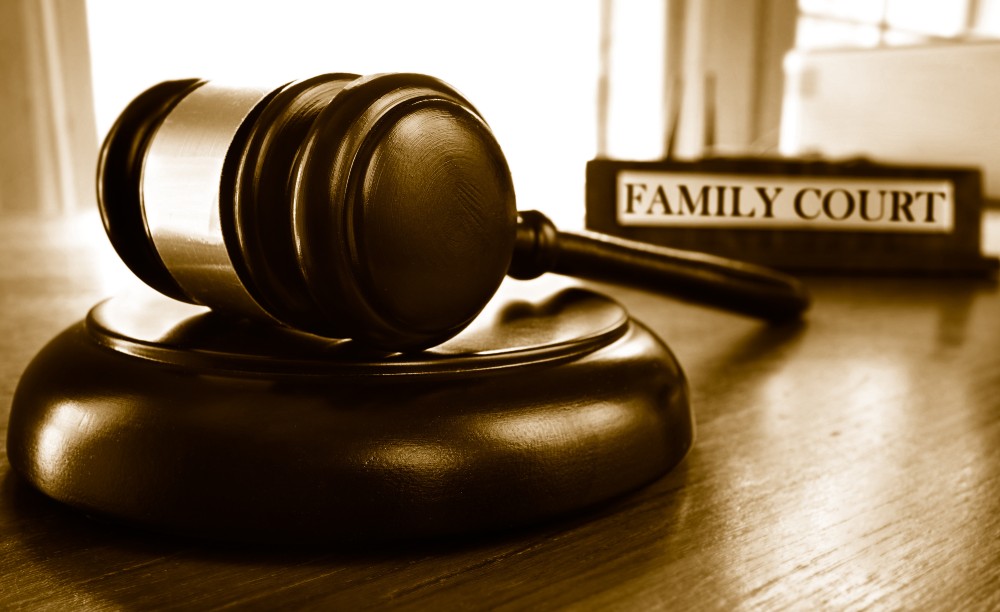Will I be Heard in the Family Court?
We are all aware of the trial which took place in the United States between Johnny Depp and Amber Heard. It is a defamation case which does not involve family law. However, considering allegations of domestic abuse is a central part of many family law cases. This applies particularly in cases between separated parents about the best interests of the child. Most commonly they are cases about how much time the child should spend with each parent.
What can we take away from the Depp and Heard trial about domestic abuse?
Telling the court your version of events or “giving evidence” on domestic abuse is difficult and stressful. This applies whether a party is telling the court about abuse they have suffered or defending themselves against allegations of abuse. The issues considered in the Family Court are intimate, sad and sometimes traumatic. As a result, a good lawyer will advise you on how to avoid court, or keep proceedings as short, amicable and as cost-effective as possible. It is often possible to resolve cases without the parties needing to give evidence before the court about allegations of domestic abuse.
What is a fact-finding hearing?
However, there are cases in which it will be necessary for the court to determine whether allegations are true. Where the court needs to make that decision, it will hear from both the person making the allegations and the person defending them. This will generally take the form of a separate “fact-finding” hearing. This will be a long court hearing, of a day or more, in which both parties will be asked questions challenging their case. These questions will be asked by the lawyer representing the other party. If one party does not have a lawyer, the questions may be asked by the person themselves, unless the judge considers this inappropriate. If the judge considers this inappropriate, the Judge may ask the questions themselves, or there may be a lawyer appointed by the court to do so.
When will a fact-finding hearing be necessary?
It will not be necessary to have a separate fact-finding hearing in the majority of cases. It will not be necessary to have a separate fact-finding in all cases where there are allegations of domestic abuse. It will only be required where the court considers these allegations will have an impact on the outcome of the case.
Example one: Both parties accuse the other of verbal abuse in the form of bad and aggressive language but agree that this has stopped now that they are separated. They both agree to communicate positively going forward and take a course to this end. The parties agree that the child should spend regular time with each of them and that there is no risk of this being unsafe. The parties disagree as to how much time the child should spend with each of them. It is unlikely that a fact-finding will be appropriate in this scenario.
Example two: One parent says that a child has reported possible sexual abuse by the other parent. The child has also made reports to professionals, who raise possible concern. The other parent denies any abuse. As a result, the court considers it is not possible to make an order in the child’s best interests without deciding whether the reports are true.
There is considerable risk in a fact-finding. It is therefore crucial to obtain specialist legal advice.
Here to Help
If you need advice on any family matter, please get in touch with Kerrie Hall, Senior Solicitor specialising in Family Law.
Please note the contents of this article are given for information only and must not be relied upon. Legal advice should always be sought in relation to specific circumstances.

